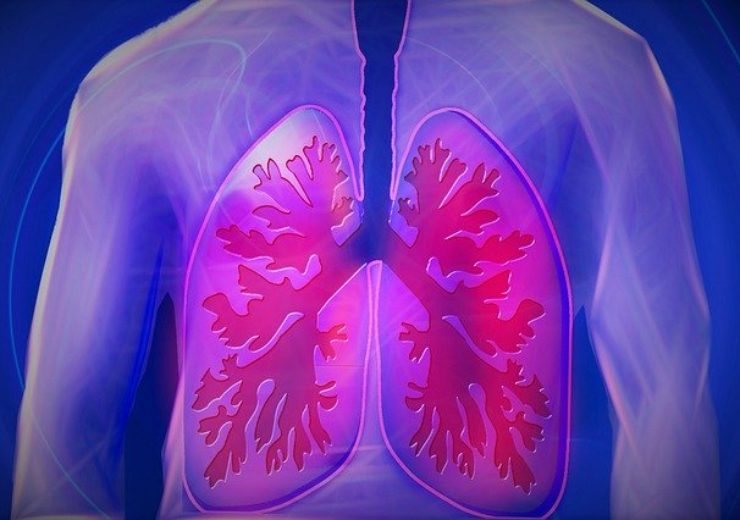The company’s US study will assess long term implants of the Aria CV PH system in PAH patients

Pulmonary arterial hypertension is indicated by high blood pressure in the arteries of the lungs (Credit: Pixabay/kalhh)
US-based medical devices maker Aria CV has secured a $31m series B funding to conduct the first feasibility study of its pulmonary hypertension system in the US.
Led by Xeraya Capital, the financing round also saw participation from Longview Ventures, Catalyst Health Ventures, BioStar Ventures, Cedar Point Capital, Frontcourt Group and three strategic investors.
The financing will be utilised to conduct an early feasibility investigational study to assess long term implants of the Aria CV pulmonary hypertension system (Aria CV PH system) in PAH patients.
Aria CV PH system will help to restore healthy, elastic pulmonary arteries to reduce cardiac workload and improve blood flow
Recently, the company secured the breakthrough device designation from the US Food and Drug Administration (FDA) for the Aria CV PH system.
Xeraya Capital partner Jason Rushton said: “There is an unmet clinical need with patients suffering from pulmonary arterial hypertension, and we are impressed with the promising results the Aria CV PH System has demonstrated. We look forward to being a supportive partner.”
Pulmonary arterial hypertension (PAH) is a progressive and debilitating disease that may cause heart failure.
Characterized by high blood pressure in the arteries of the lungs, PAH is a condition that leads to increased workload on the heart.
The implanted Aria CV PH system will allow restoring the benefits of a healthy and elastic pulmonary artery, helping to minimise cardiac workload and improve blood flow.
According to Aria CV, the company’s technology holds the capacity to enhance duration and quality of life as well as healthcare economics. Aria carried out a successful acute first in a human clinical study in Vienna, Austria.
Aria CV president and CEO Dan Gladney said: “Aria CV is now well positioned to drive our clinical research forward.
“We are grateful for this validation by our investors and remain committed to bringing this innovative treatment option to PAH patients.”
